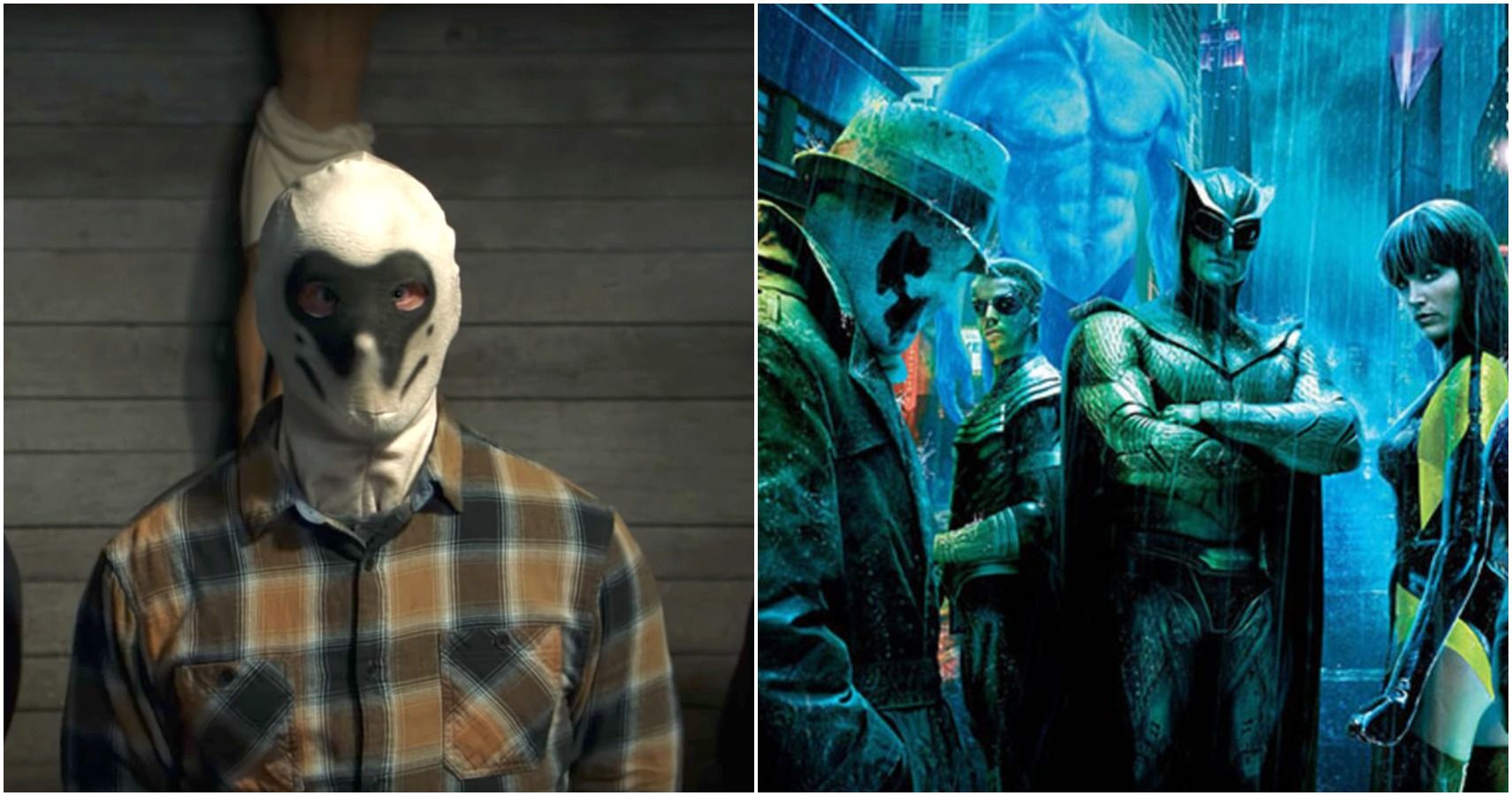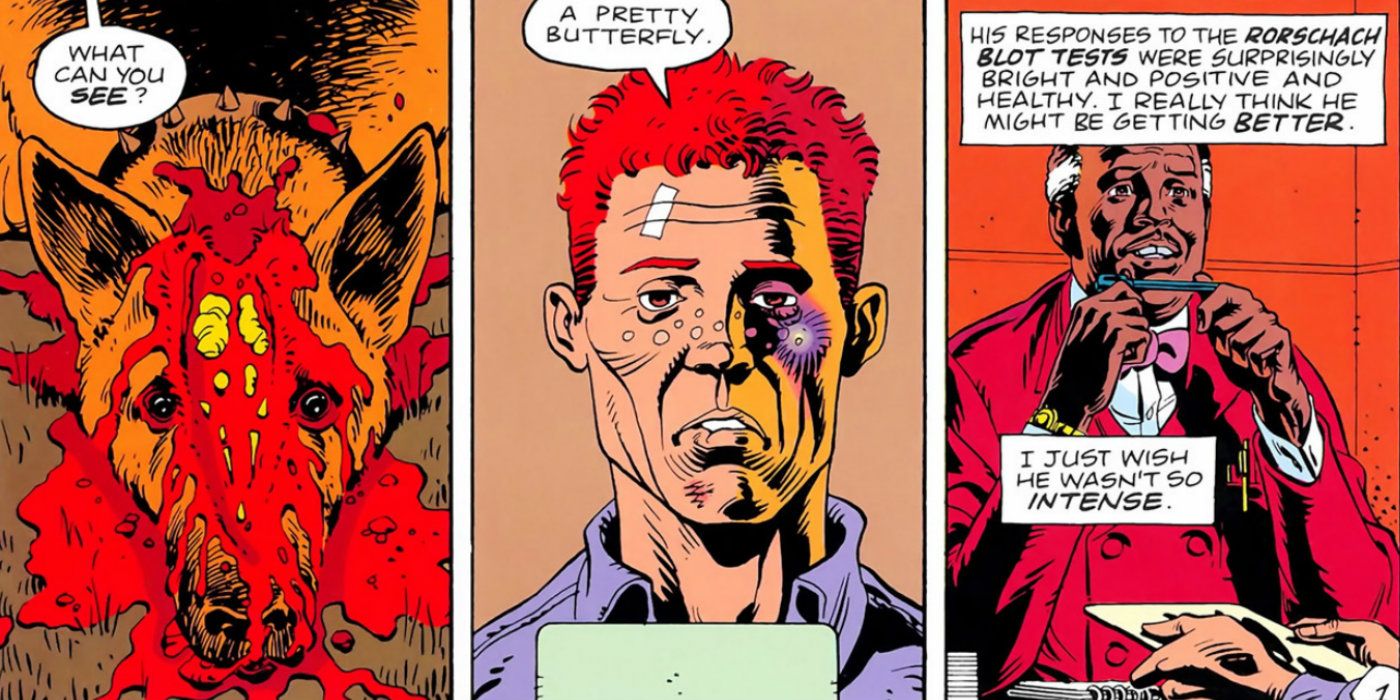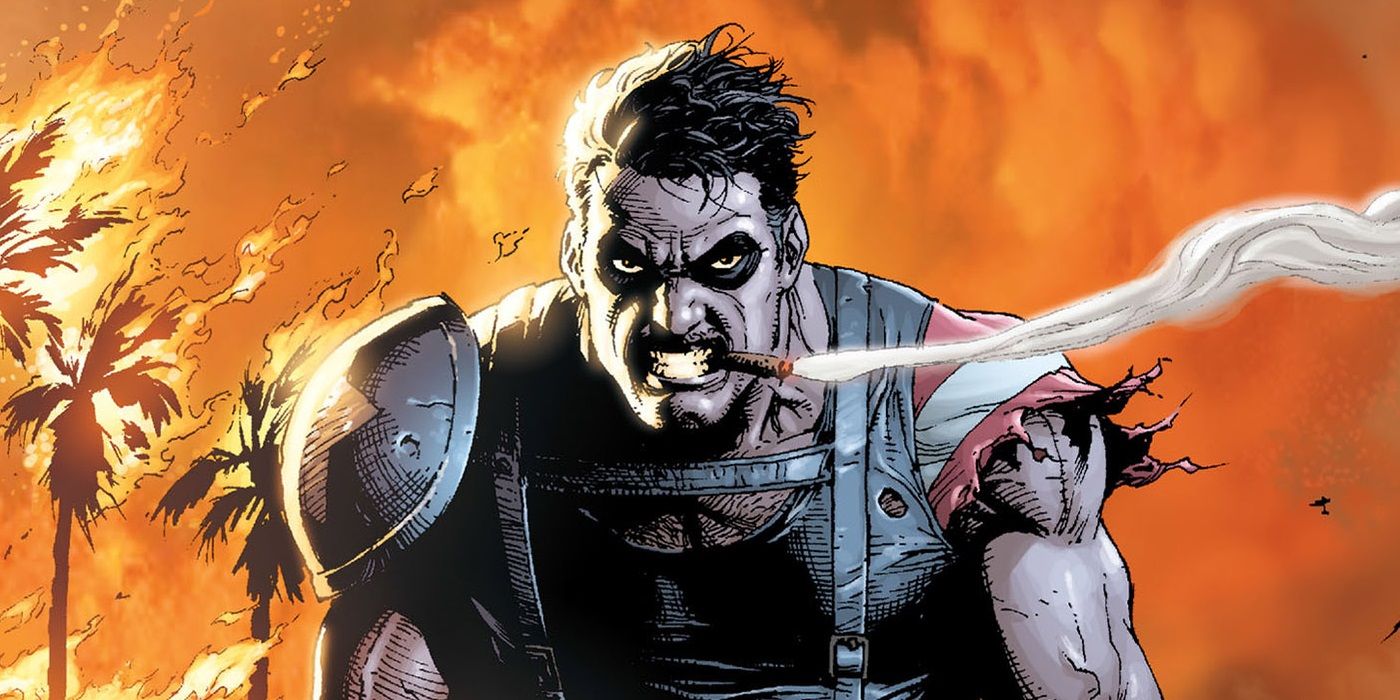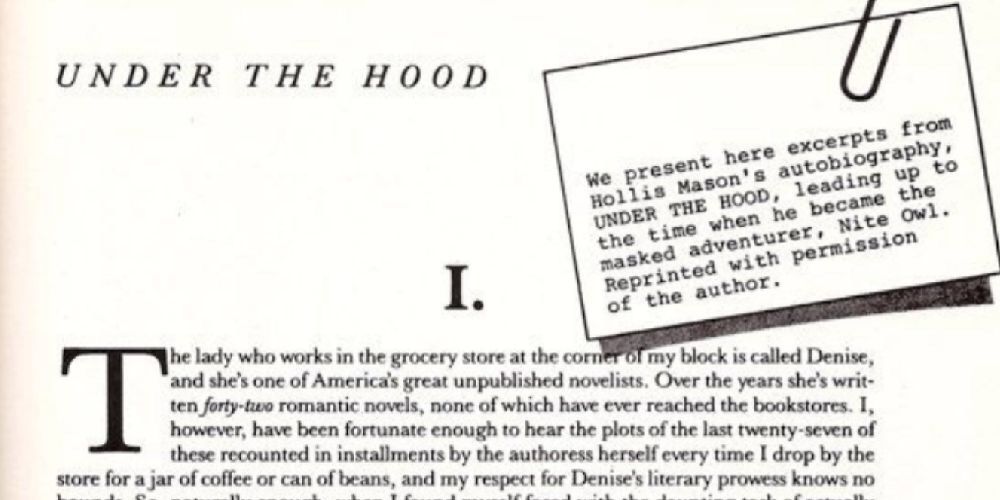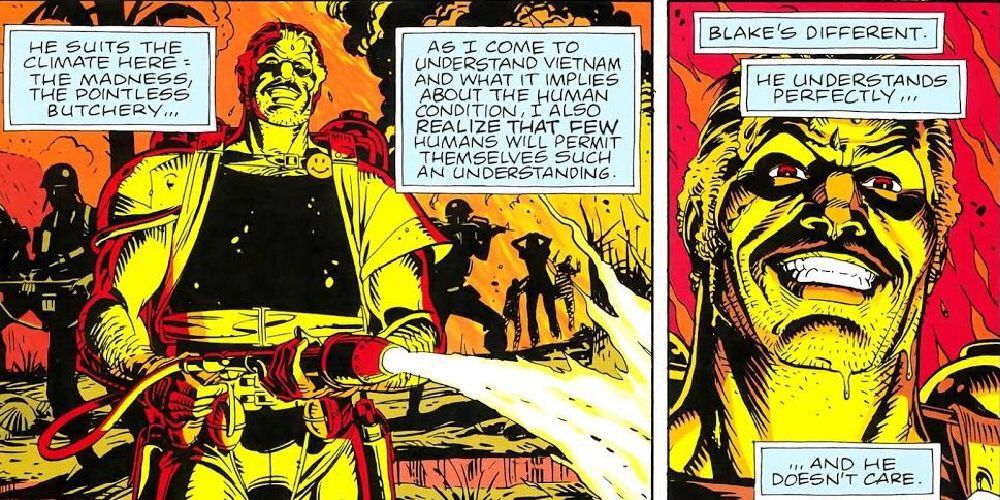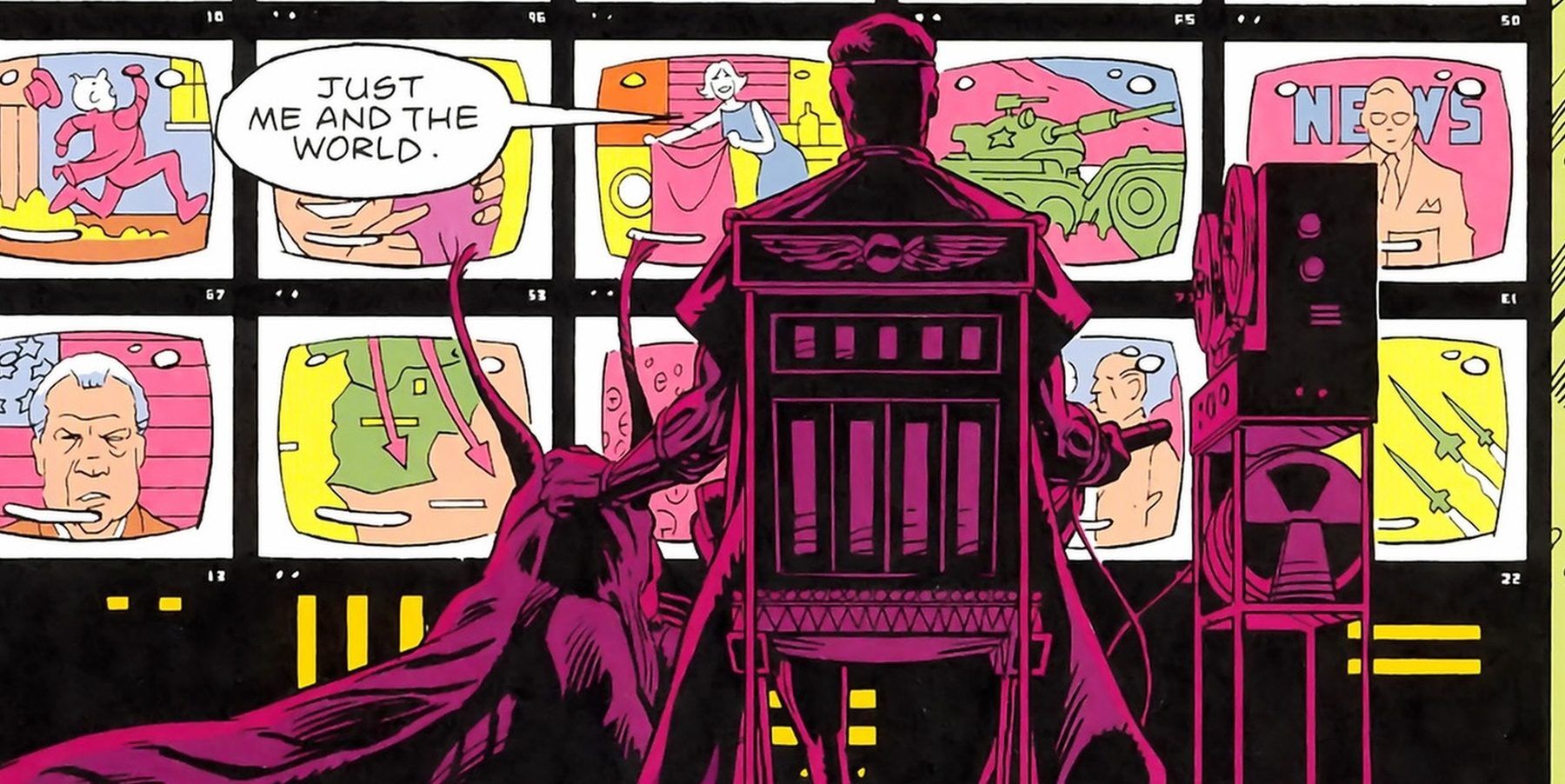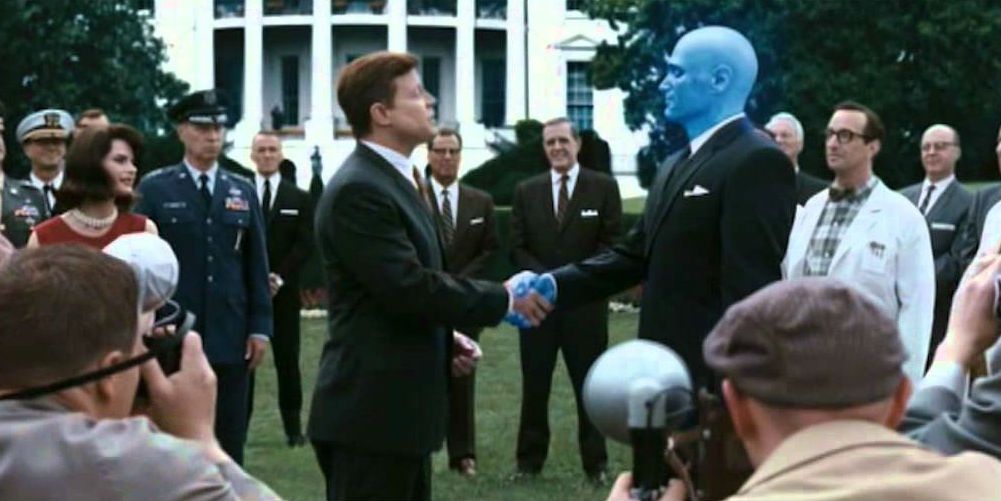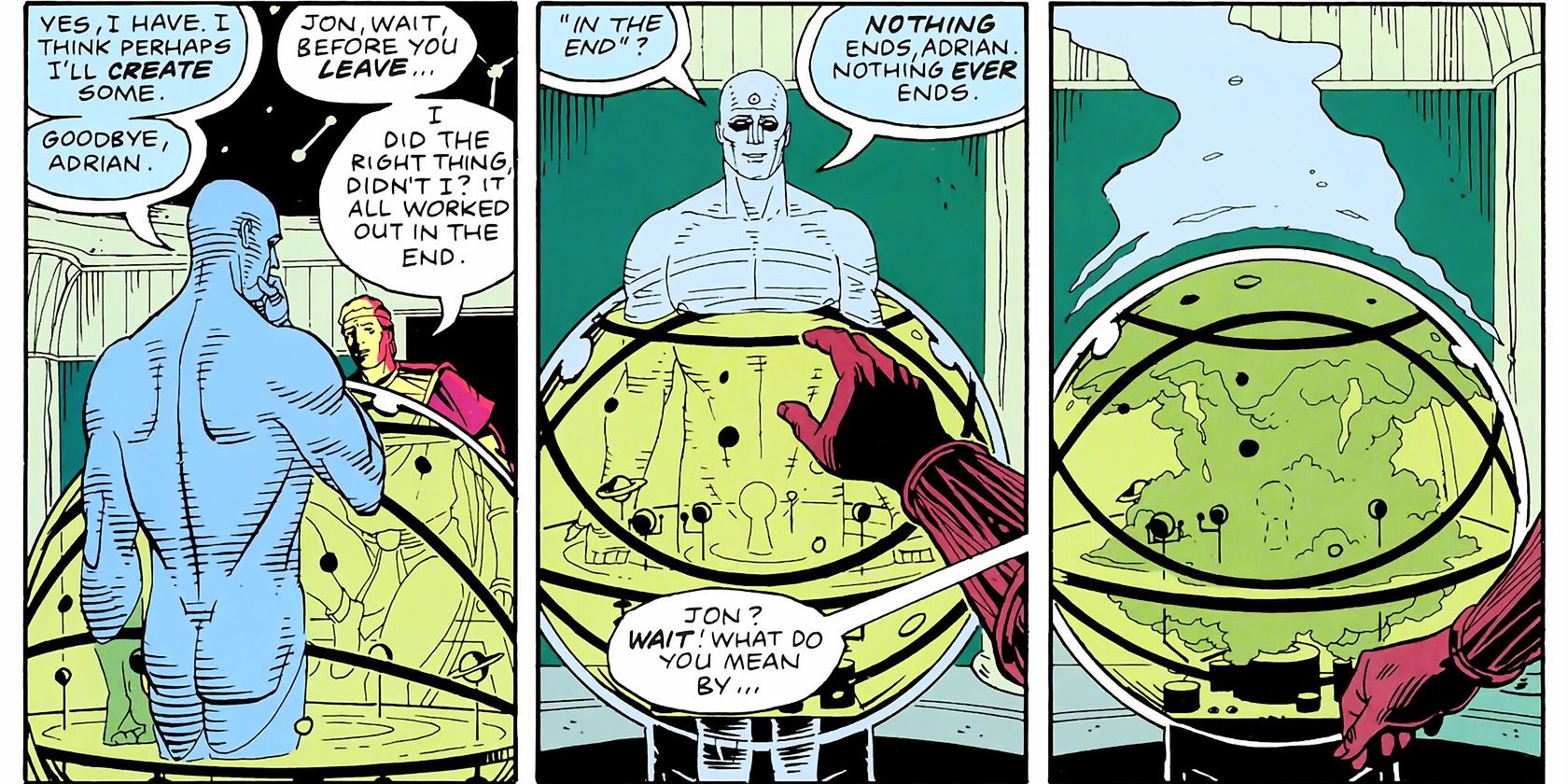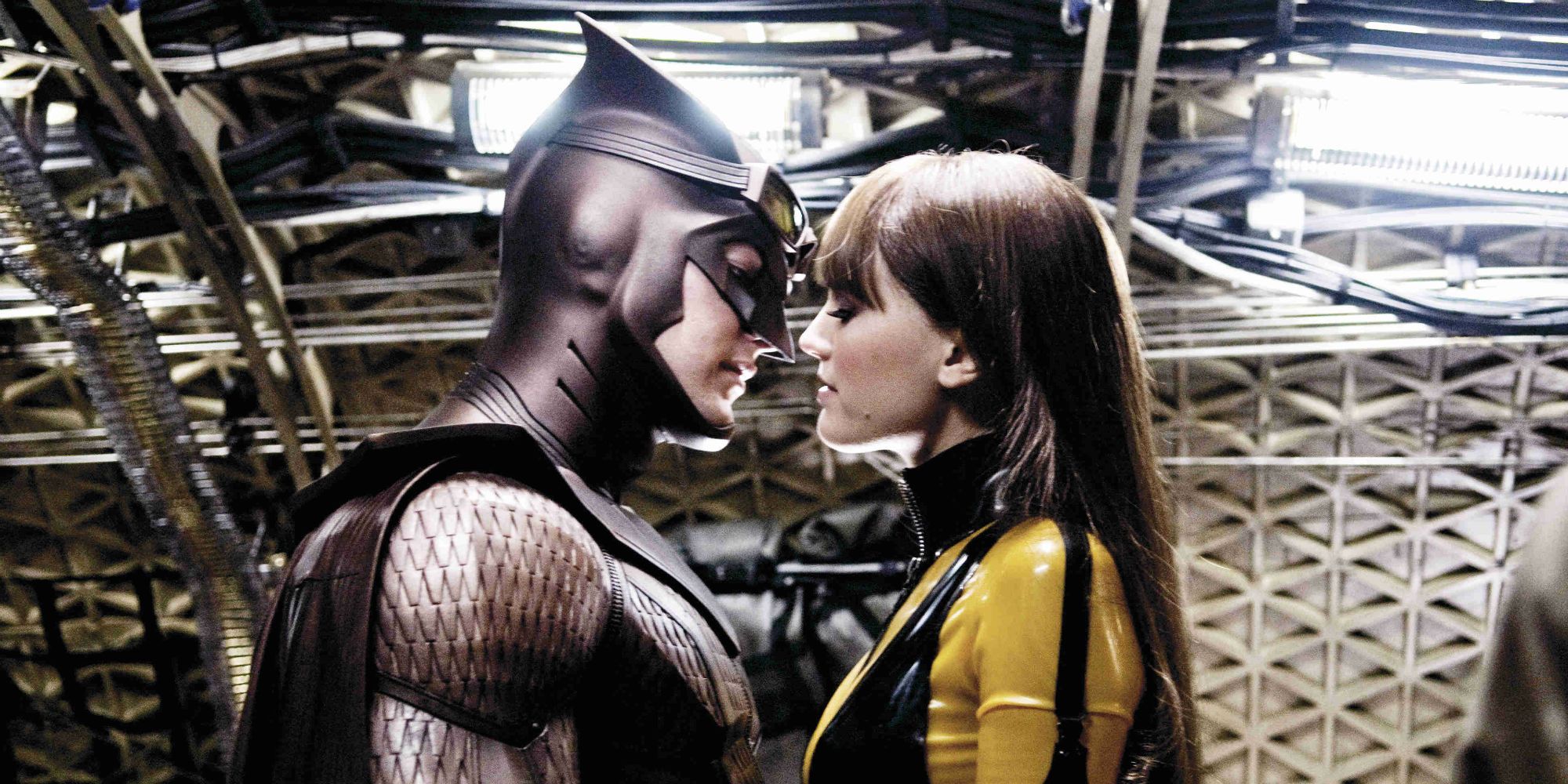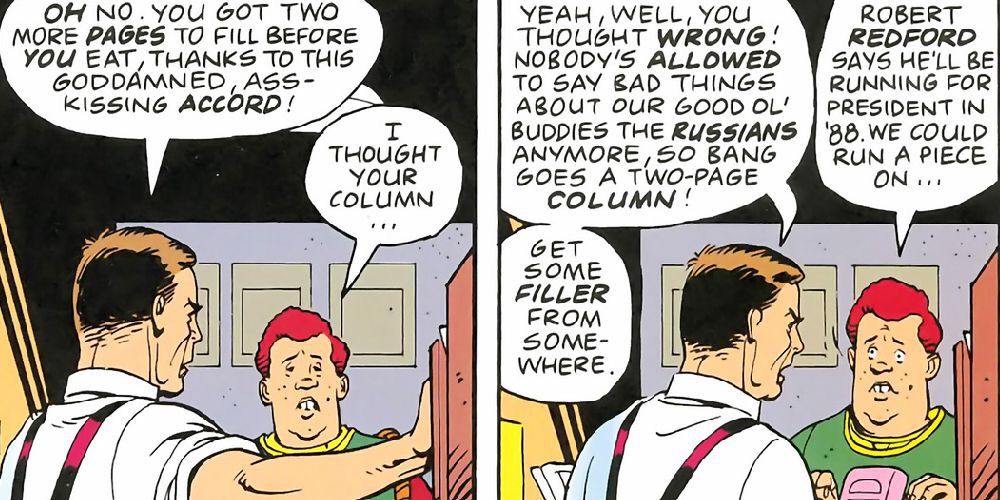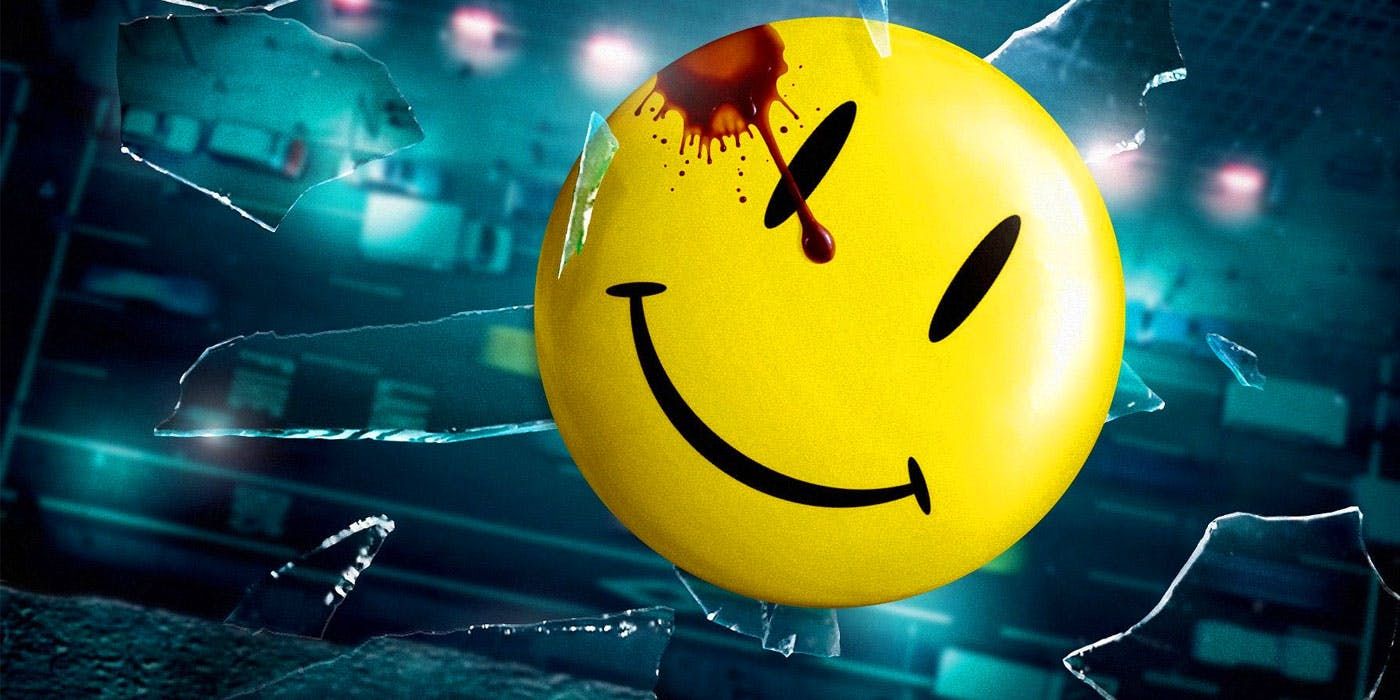With HBO's Watchmen premiering in the fall, the company has begun rolling out trailers, teasers, and images from the show. Not a lot is known about the show, but what we do know is that it is serving as a continuation of (or as creator Damon Lindelof puts it, a "New Testament" to) Alan Moore and Dave Gibbons's classic graphic novel.
Inevitably, the project will be compared to Zack Snyder's 2009 adaptation both positively and negatively. Snyder's film is visually pleasing, often spectacular, polarizing, and downright perplexing take on Moore and Gibbons's work. It is both too faithful the original work, yet not faithful enough in portraying the subtext on which the graphic novel's entire set of themes rely.
Going forward, the makers of the new series will have lofty expectations from both fans and detractors of Snyder's adaptation. Because of this, there is lots to be learned from the film as they try to forge their own path to a different type of Watchmen adaptation.
10 LEARN: Watchmen Is a Comic
This sounds like an obvious statement, but it serves a purpose in understanding what Moore and Gibbons were doing all along. Certainly, Snyder's Watchmen can be a visual feast thanks in large part to the way it tries to emulate Gibbons's artwork and recreate certain shots and scenes with uncanny accuracy. Certain parts, such as Dr. Manhattan's long monologue about his origins and his thoughts are truly mesmerizing on the screen.
Moore never meant for Watchmen to be a movie, and its very existence is a commentary on the comic medium itself. Had Snyder taken similar approaches with the medium of film, he could have kept some of the integrity of the book intact while also making some aspects of the film a more effective adaptation to a different medium. HBO could learn from this and use its place as a television show to similarly comment on its own medium.
9 IGNORE: The Watchmen Are Not Action Heroes
Watchmen is a violent story with plenty of action printed on its pages. However, the action is meant to horrify and turn the readers off from what the heroes of the story have become. Snyder chose to shoot the characters' most violent tendencies is akin to the heroes in 300, not of monstrous people doing monstrous deeds.
Characters like Rorschach and The Comedian are portrayed as violent fascists in the graphic novel, and even the more grounded characters are shown to have an ugly, violent streak which isn't meant to make them look like actual heroes. By treating them as action heroes, however, many of the themes are lost.
8 LEARN: Moore's Watchmen Requires Subtext
While much of the main story remains in Snyder's film, one thing it is lacking is the subtext which drives Moore's story. Those who have read the graphic novel know that in the first 11 chapters the readers are given short excerpts of prose and a comic book called The Black Freighter that exists inside Watchmen's world. These range from the original Nite Owl's autobiography to a crime report on Rorschach's past. These moments full out the portrait of the Watchmen world.
By omitting the motifs laid out in these texts, lots of the subtext of the book is lost on screen and characters are rarely seen through the objective eye of the rest of the world. The TV show appears to take place at a smaller scale, and by doing so we can only hope that the subtext can come through.
7 IGNORE: Most of The Watchmen Are Not Superheroes, Either
A major plot point of both the movie and the graphic novel is that Dr. Manhattan is the only member of the Watchmen with actual superpowers. The others are more akin to Batman, as they are merely human-beings in suits who are fighting crime with suits and tools. Despite this, Snyder presents them not as highly-skilled fighters, but superhuman fighters.
Like the issues involving the ways in which Watchmen's action was shot, Snyder giving the seemingly human characters Hulk-like super-strength hurts the overall thesis of the graphic novel. Hopefully, the HBO show gives its mostly brand-new slate of character the humanity that's needed.
6 LEARN: Make It For Modern Times
In making its own version of the Watchmen, HBO has an opportunity to take things we've learned in the last 30 years and bring them to the modern era. Certainly, there are aspects of the original story which remain the same, and Watchmen does have to feel like a natural progression of its source material, but the same sentiments which drove Moore to write this satirical look at the 1980s can be used for the modern day.
In the hands of the right creators, the modern era is rife with things to satirize. HBO should jump in with both feet on this.
5 IGNORE: It's Okay To Change and To Adjust...
Parts of Watchmen are married to the pages of the book. Without the need to be married to the original story, HBO can avoid this problem, but it doesn't mean they necessarily will. Just like a sequel can simply retell everything from the first film in a franchise, a sequel series to Watchmen could easily change the characters and settings but retell it without adding anything of substance.
Snyder changes smaller details throughout the movie as a means to truncate the running time or present a detail which may not have filmed well if taken from the comic or add a little backstory that didn't necessarily exist before. However, Snyder is, at times, too worried about presenting the visuals of the comic that he doesn't think about how they fit in the movie, and it can seem tedious to the viewer who may not understand the comic when he could have dropped in some details to help the uninitiated.
4 LEARN: ...But It Has To Fit The Tone Of The Comic
When people want a piece of work like Watchmen to be adapted for the screen, they want it to reflect the work--even if it means changing some things in the process. In some ways, correctly conveying the themes of the source material is more important than following the same plot point-for-point. This brings us to the ending of the movie.
The concept of squid from outer space (although not really from outer space) is perhaps silly, but it fits perfectly with Ozymandias's master plan to bring peace by using violence as a means. Snyder chose to replace this with a nuclear weapon which is meant to make people think that Dr. Manhattan attacked New York. This doesn't really work as a means to bring peace and HBO should best avoid the same mistake.
3 IGNORE: Pop Culture References Should Be Relevant
In a film where many of the themes revolve around the society's marriage to nostalgia and pop culture, and the way that these things can help to be a detriment to the ways in which we think, Snyder falls into the trap of adding needless pop songs, historic cameos, and references. Attacking these properly can prove to be effective, and Snyder does add some moments that are inspired. However, other times it seems forced.
The soundtrack of Watchmen is a fascinating study in when and when not to make your soundtrack a jukebox of the greatest hits of the sixties through the eighties. Moore peppers the end of each chapter with a quote from a song, poem, or other literary work, and some of these songs work in that regard. Pop culture does guide society, but it should not be used as a prop.
2 LEARN: Trust Your Audience.
Near the end of Snyder's film, there is a line which encapsulates the issues the film has. The end of the film notes that Ronald Reagan is thinking of running for president and how ridiculous that is. In the book, Reagan is replaced with Robert Redford. It's still an obvious nod to Reagan, but it shows a little restraint in doing so.
On its own, this change is inoffensive. However, it is, perhaps, the greatest encapsulation of Snyder's biggest flaw as a filmmaker. He doesn't trust his audience to connect dots without him. There are plenty of plot holes, instances of lost subtext, and times which he leaves the audience confused--he is, after all, the man who made the flabbergasting Sucker Punch--but when it comes to nuance, he seems to feel the need to overwhelm the audience with things that could be presented with some subtlety.
1 IGNORE: Watchmen
How do you make Watchmen while ignoring Watchmen? By breaking new ground, trying new things, taking a little bit of everything we've previously mentioned, and making it its own work of art. Watchmen shouldn't depend on whether or not the reader has read the book or seen the Snyder movie, it should speak on its own.
What's most important of any work of art is the conveying of the ideas it gives its readers, listeners, or viewers. We do not mean that they should do away with the source material, they just shouldn't become prisoners of it. Hopefully, it can learn some things from Snyder and make a unique, brand-new, and captivating work of art that can be appreciated for many years to come.

